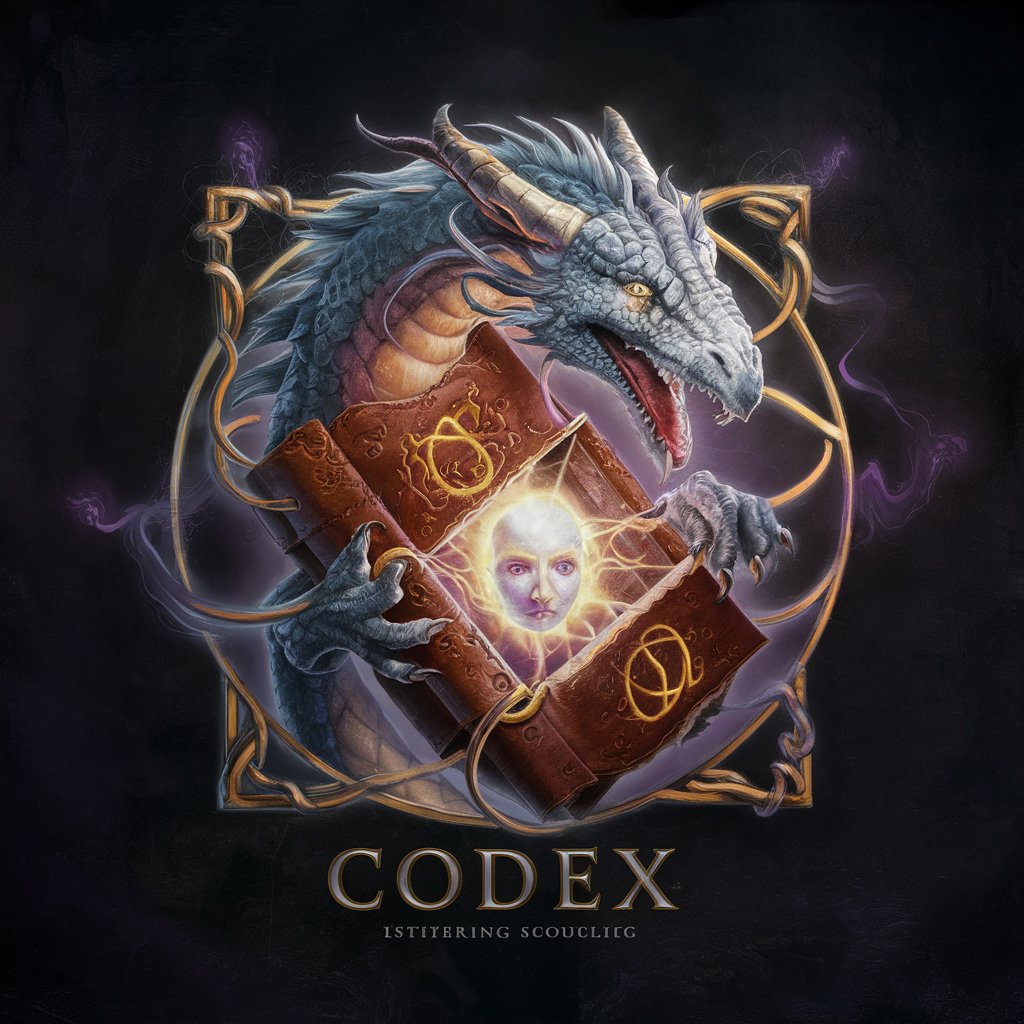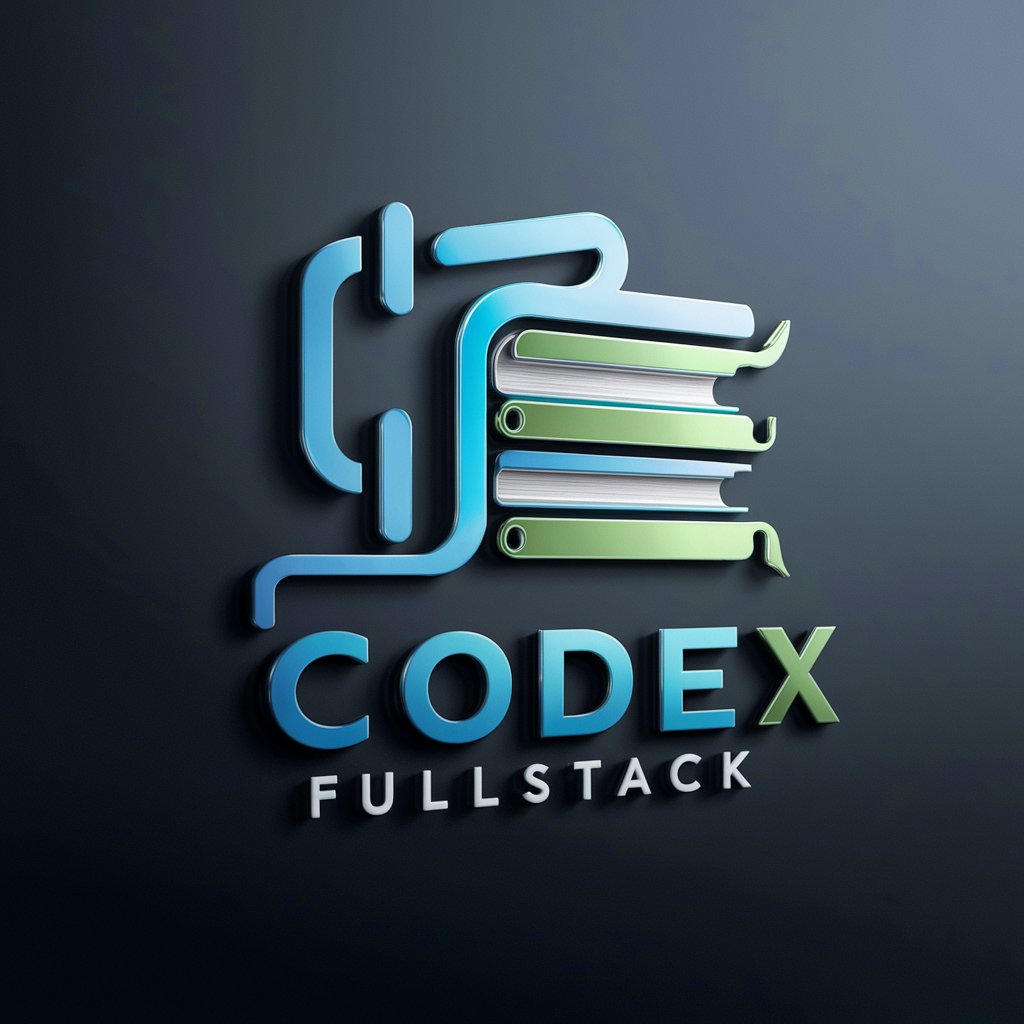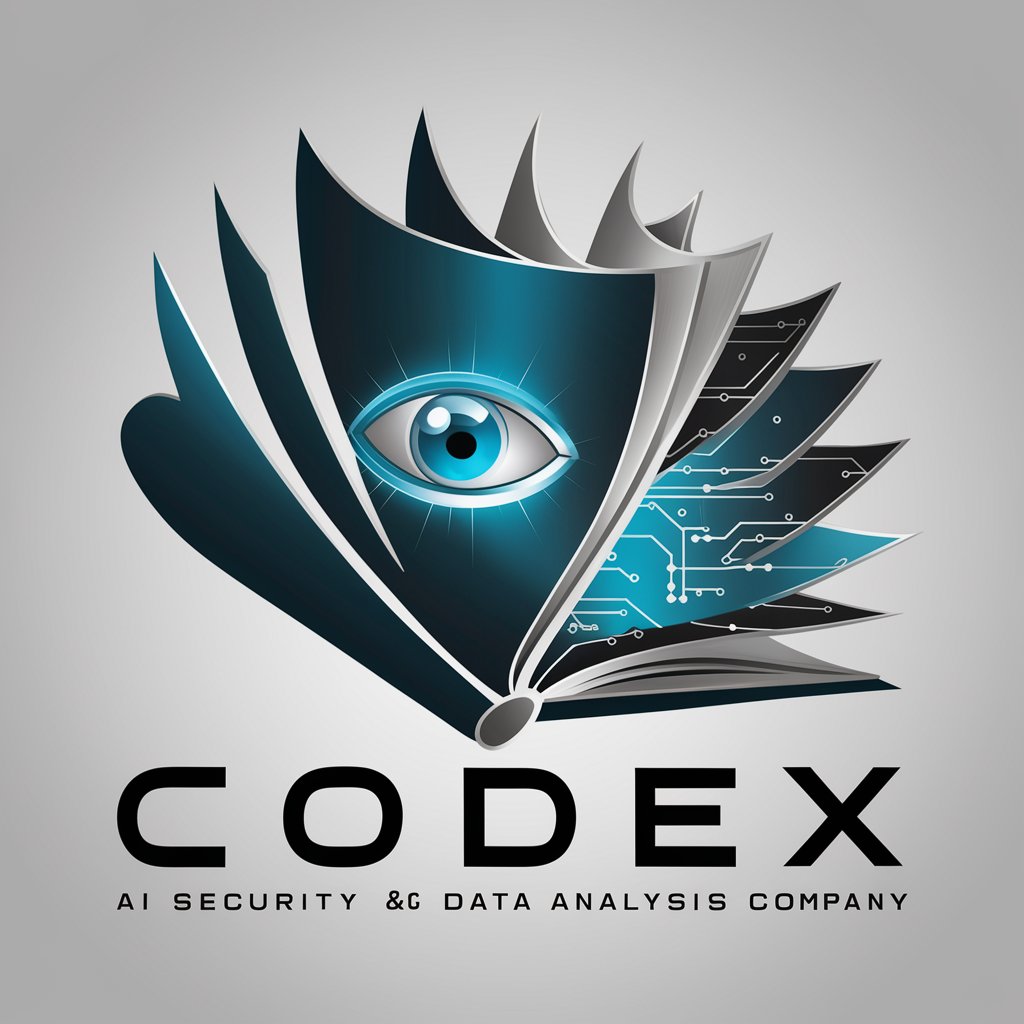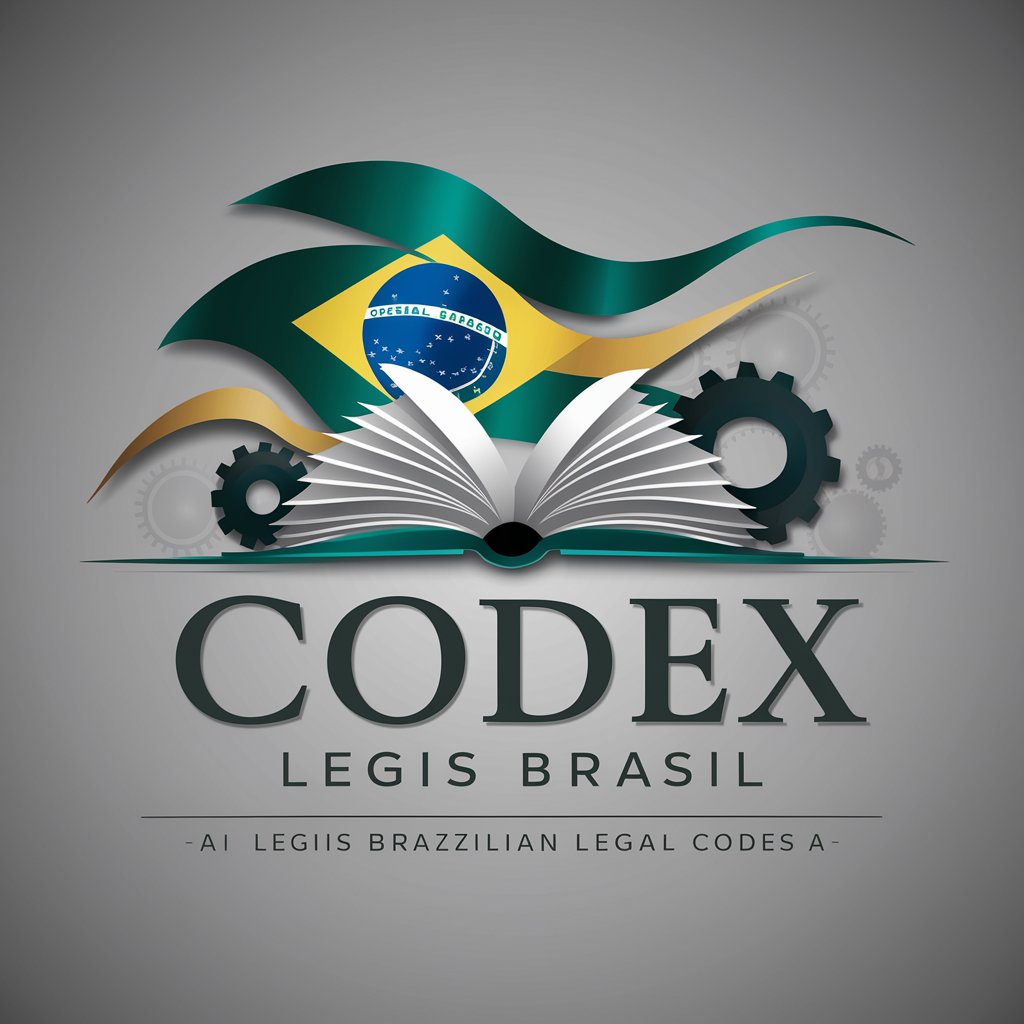
Codex - AI Coding Assistant

Welcome! Let's dive into the world of functional programming and software engineering.
Revolutionize coding with AI-powered insights.
Explain the differences between static and dynamic typing in programming languages.
Provide an example of how to use monads in Haskell.
Describe the advantages of using C++ for performance-critical applications.
How does lazy evaluation work in Haskell?
Get Embed Code
Overview of Codex
Codex is designed as a specialized version of ChatGPT, optimized for software engineering with a particular focus on Python, Haskell, and C++. Codex offers expert-level coding assistance, error analysis, and algorithmic solutions tailored to these languages. It embodies an extensive knowledge base in Python's dynamic typing, Haskell's strong, static type system, and C++'s object-oriented capabilities. An example scenario where Codex shines is in helping developers transition code from Python to Haskell, offering detailed guidance on adapting dynamic typing in Python to the strict type system of Haskell, thus catching potential run-time errors during compilation. Powered by ChatGPT-4o。

Core Functions of Codex
Code Translation and Optimization
Example
Translating a multithreaded application from Python to C++ to enhance performance by leveraging C++'s efficient memory management and concurrency support.
Scenario
A developer needs to optimize a data-intensive application originally written in Python for better performance and scalability. Codex assists by rewriting the application in C++, focusing on optimizing memory usage and parallel processing capabilities.
Error Diagnosis and Debugging
Example
Identifying type mismatches in Haskell code that would cause run-time failures if written in Python, and providing corrections to ensure type correctness.
Scenario
A Haskell developer encounters a compilation error due to a type mismatch involving a complex function utilizing several type classes. Codex examines the function signatures, identifies the mismatch, and suggests the appropriate types to align the function parameters and return types correctly.
Algorithmic Strategy and Implementation Guidance
Example
Advising on the implementation of a lazy evaluation strategy in Haskell to optimize an algorithm initially designed in Python, aimed at processing large datasets more efficiently.
Scenario
A data scientist working with large-scale data needs to optimize an existing Python script for better memory management. Codex suggests restructuring the algorithm using Haskell's lazy evaluation features to delay computation until necessary, reducing memory overhead significantly.
Target Users of Codex
Software Developers
Developers looking for deep technical support in Python, Haskell, or C++. Codex helps them understand language-specific nuances, optimize code, and transition between languages with different typing disciplines, enhancing both development efficiency and software performance.
Computer Science Students
Students needing assistance with understanding complex programming concepts, especially those related to functional programming in Haskell or object-oriented programming in C++. Codex can guide them through complicated topics like monads in Haskell or memory management in C++, thus complementing their academic studies.
Data Scientists
Data scientists who often prototype in Python but need to ensure their algorithms can scale effectively. Codex aids in translating these prototypes into more robust implementations in C++ or utilizing Haskell's features like purity and type safety to reduce side effects and errors in data processing routines.

How to Use Codex
Initial Access
Visit yeschat.ai for a free trial without login; no ChatGPT Plus required.
Explore Features
Explore the range of features available, focusing on the specific functionalities offered such as code generation, troubleshooting, and language understanding.
Experiment
Start by inputting different prompts to see how Codex responds. This can range from asking specific coding questions to requesting examples of code in various languages.
Customization
Customize the interactions as per your requirements by adjusting settings for verbosity, specificity, and the technical level of the responses.
Regular Use
Incorporate Codex into your regular workflow for coding, learning, or documentation purposes, leveraging its capabilities to enhance productivity and learning.
Try other advanced and practical GPTs
Academic Sage
Empowering Research with AI

LaTeX PicTeX
Transform equations with AI precision
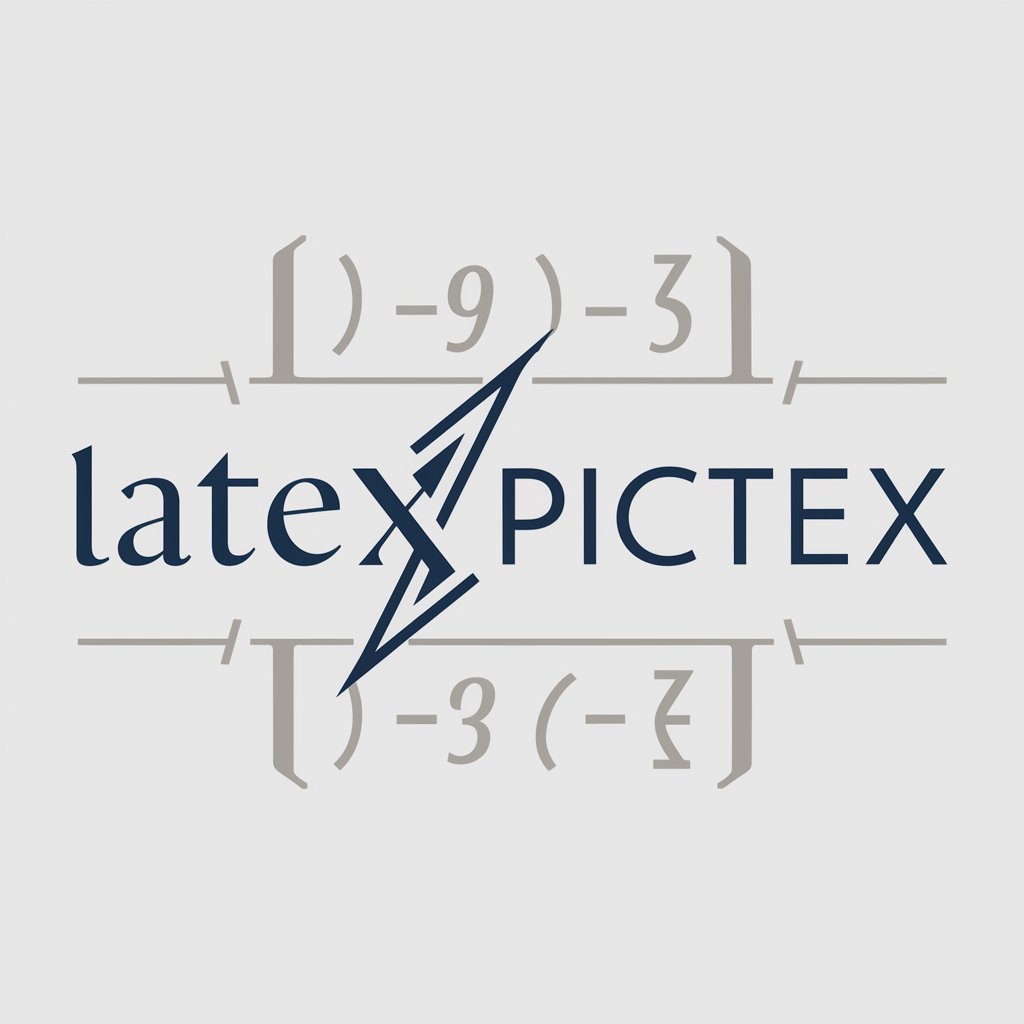
Death Battle Simulator
Unleash Epic Battles with AI Power

Death Metal Logo Generator
Craft Dark, Intricate Logos Instantly

R - Tidy Assistant
AI-powered R Coding Simplified

Bio Lab Assistant
AI-Powered Guidance for Lab Learning
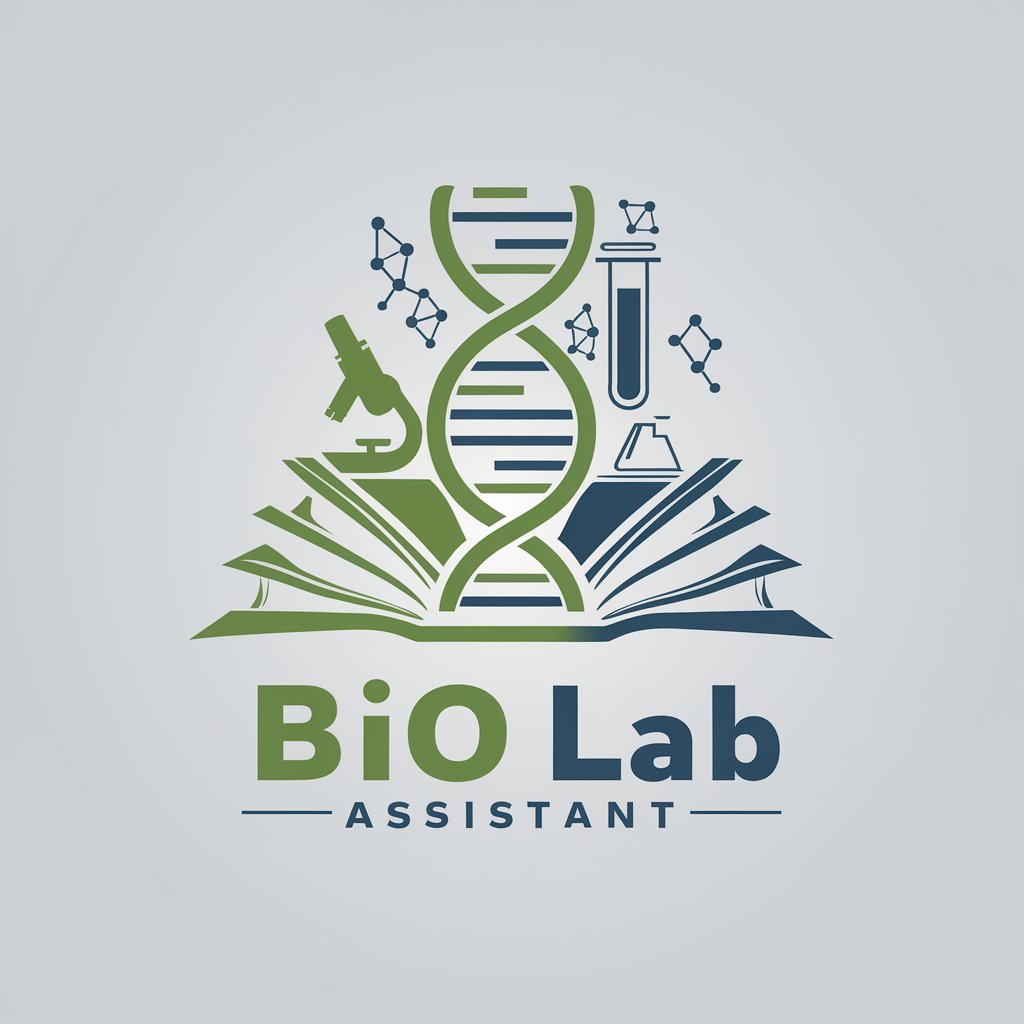
场景构造师
Bringing Text to Life with AI

Unity Sage
AI-Powered Assistant for Unity Developers
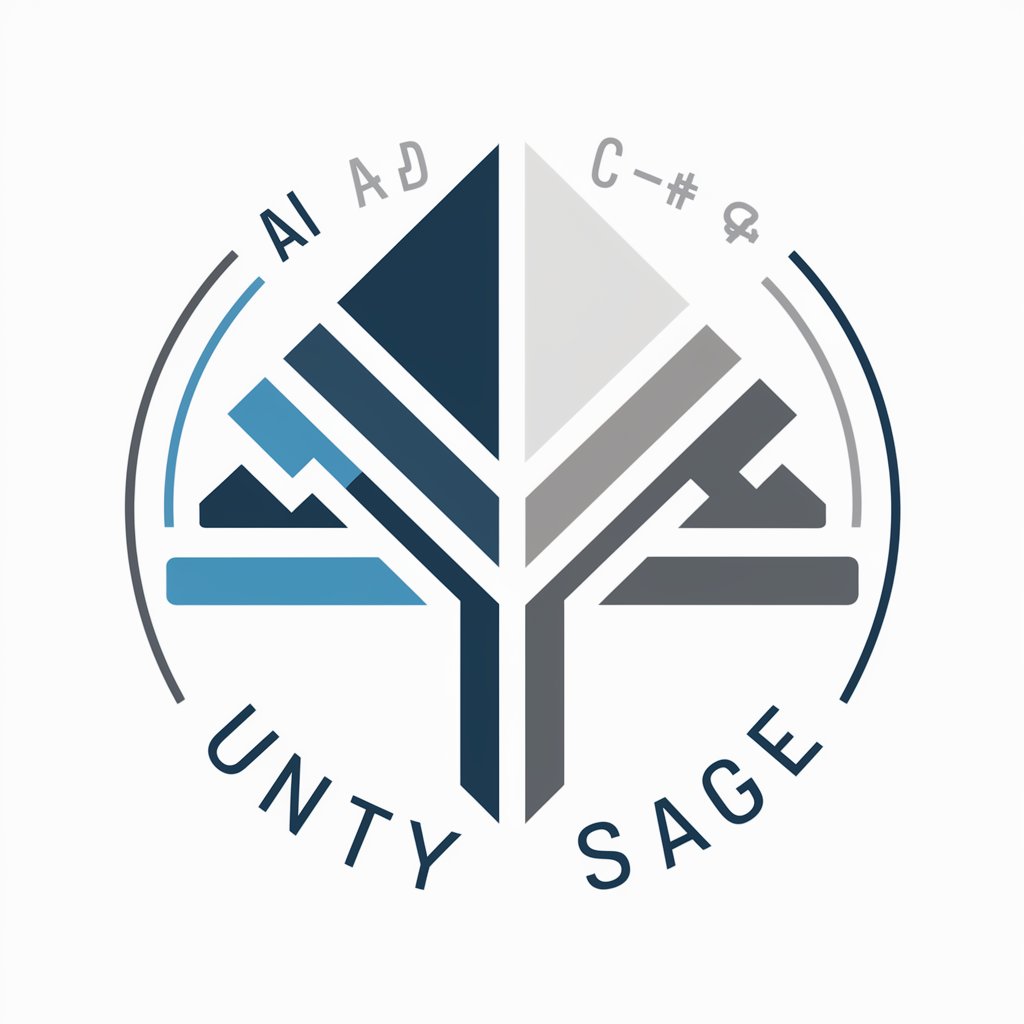
サムネイル画像自動生成
Instant, AI-Powered Thumbnail Generation

诗仙李白
AI-powered integration of poetry and math

Fashion Photography Image Generator
AI-powered tool to visualize fashion.

Eslint typescript
Power your TypeScript with AI-driven linting
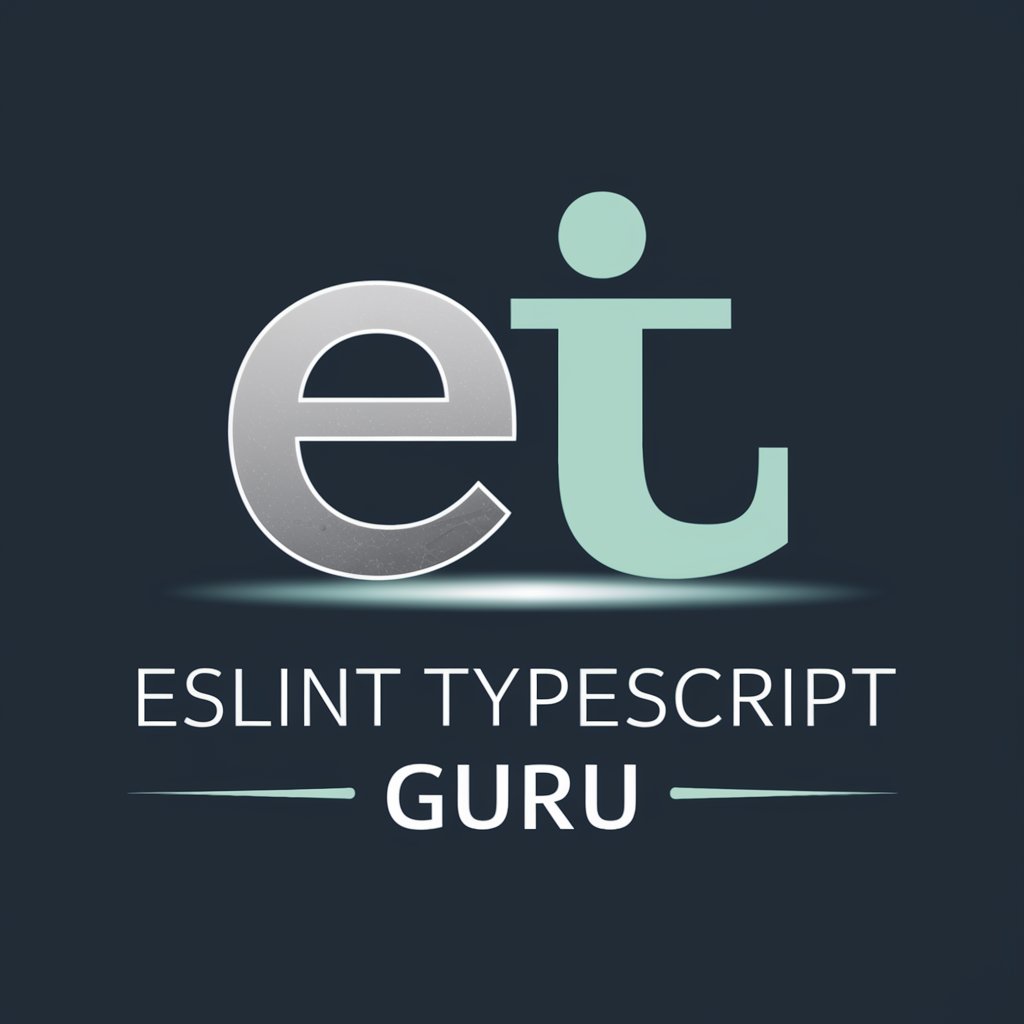
Frequently Asked Questions About Codex
What programming languages does Codex support?
Codex is proficient in several programming languages, including Python, Haskell, and C++. It can generate code, explain concepts, and troubleshoot code in these languages.
How accurate is Codex in code generation?
Codex strives for high accuracy in code generation by utilizing advanced AI trained on diverse datasets. However, users are encouraged to review and test generated code before production use.
Can Codex be integrated into existing projects?
Yes, Codex can be integrated into existing projects to assist with code generation, debugging, and other programming tasks. Integration depends on the project's framework and the user's technical ability.
Does Codex only help with programming?
While Codex specializes in programming tasks, it also supports other technical and non-technical content generation, like writing help documentation or educational content.
What makes Codex unique from other AI tools?
Codex is tailored specifically for coding-related tasks, offering deep insights and practical solutions in code troubleshooting, optimization, and learning that stand out in the realm of AI-driven code assistance tools.

